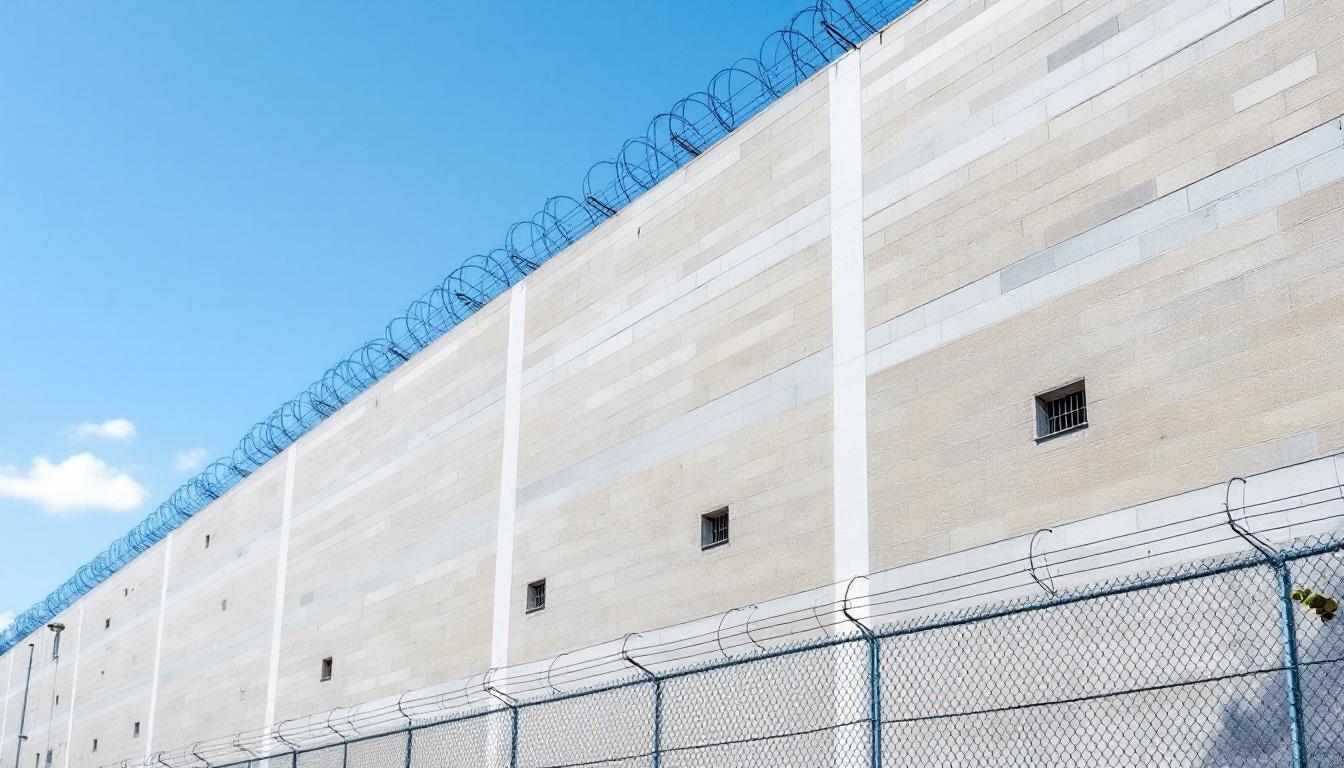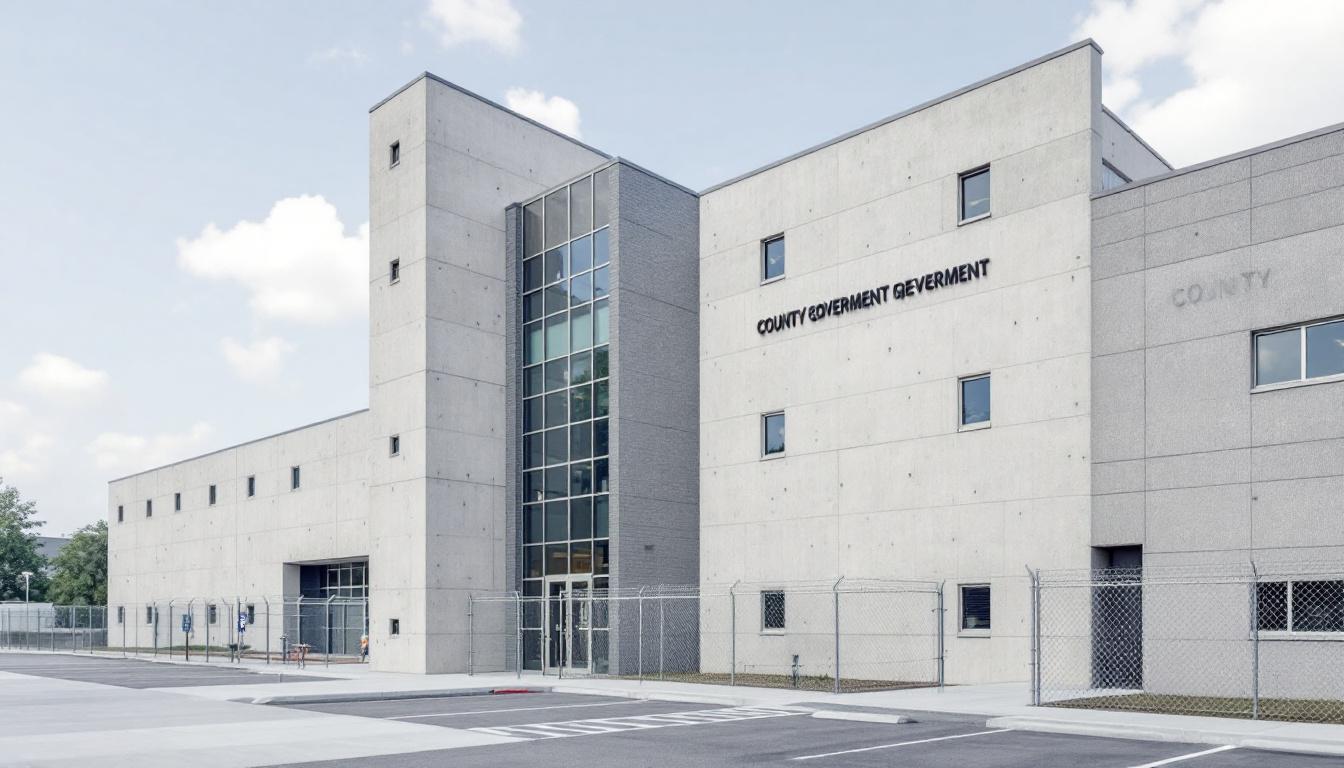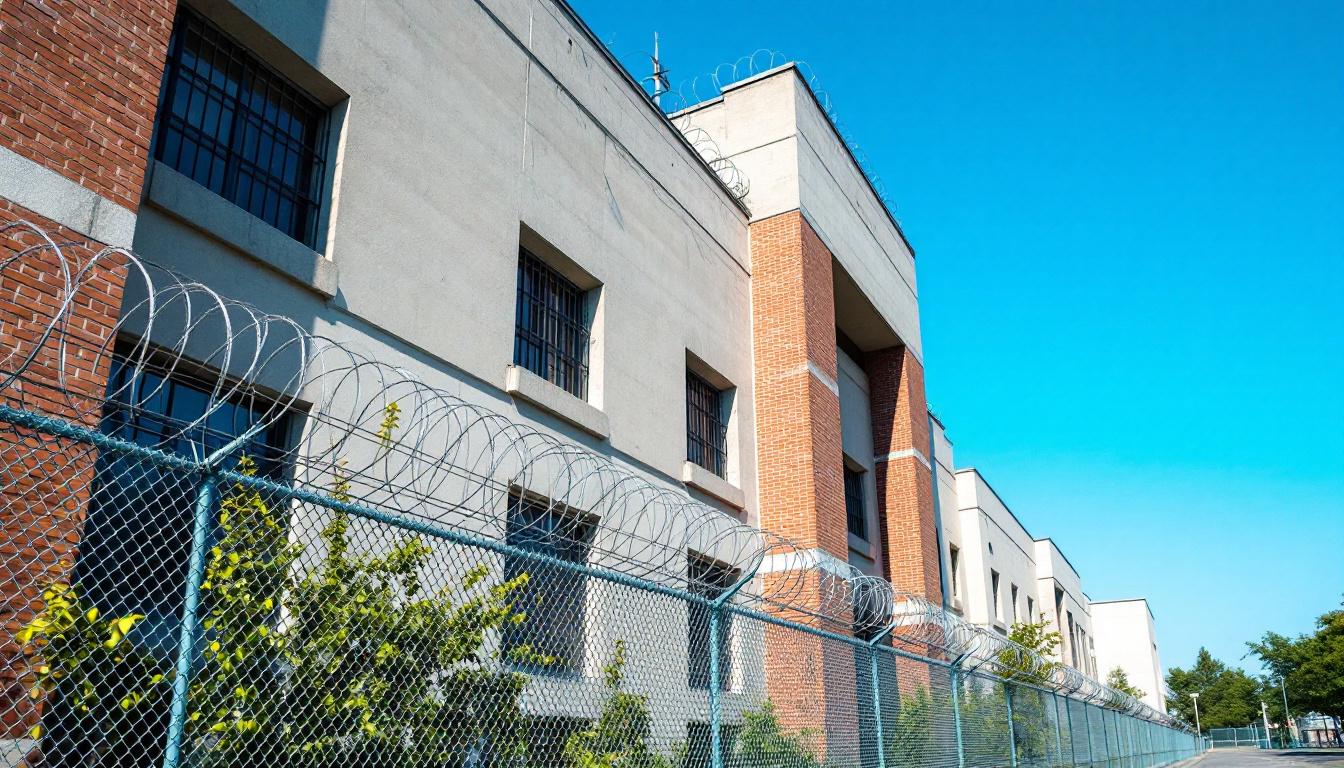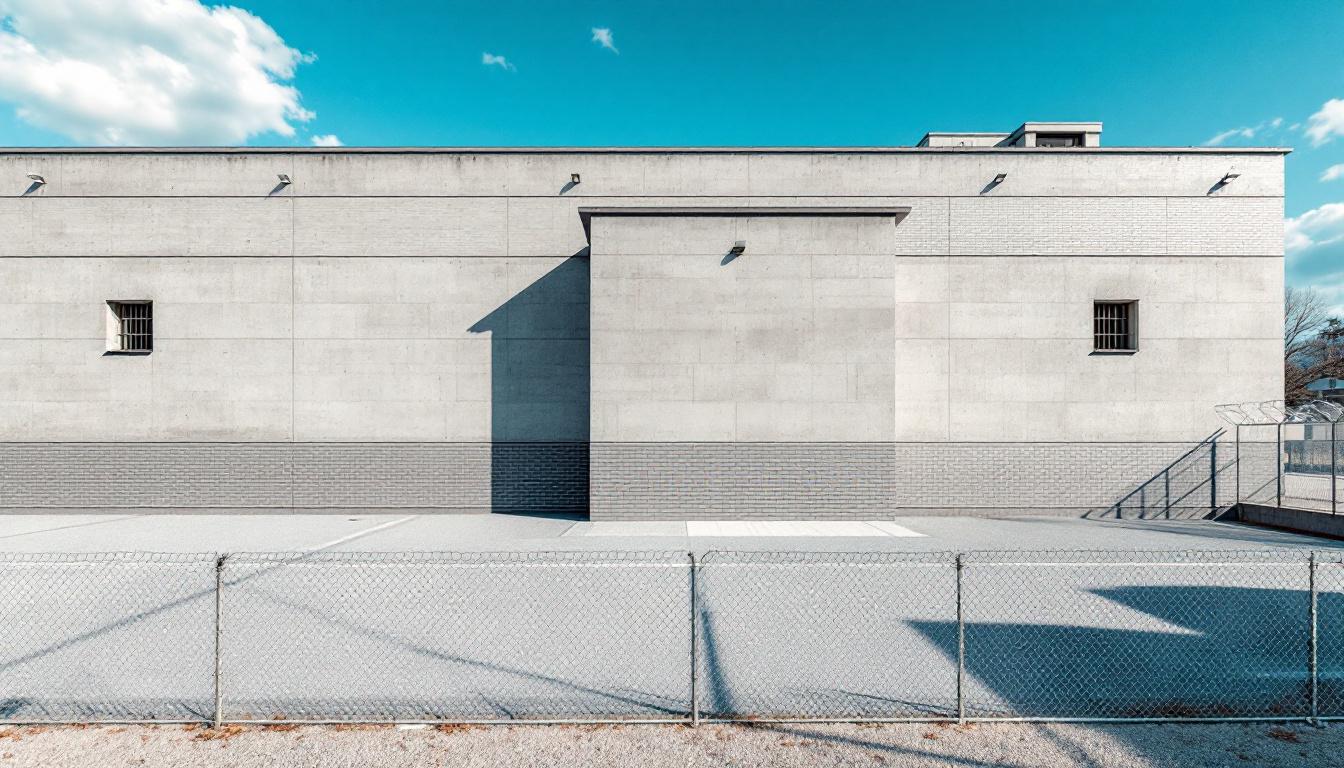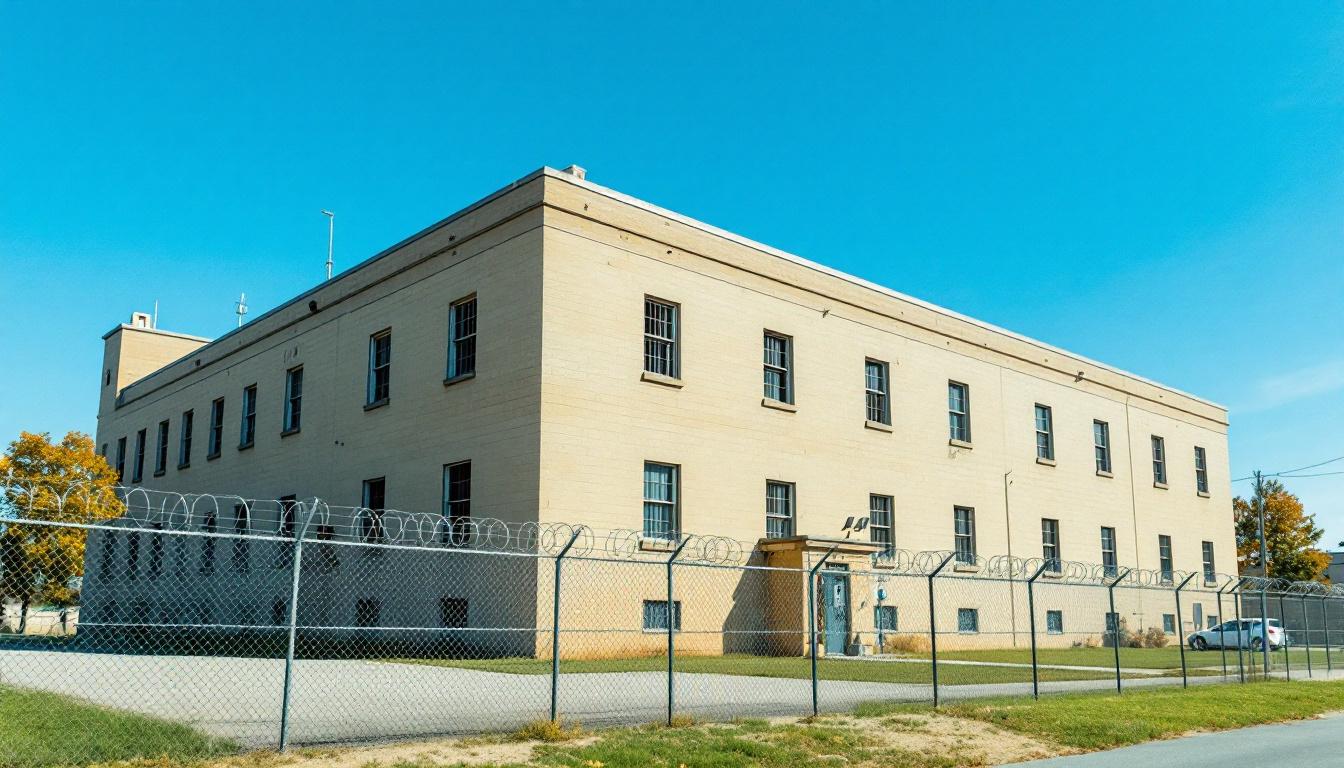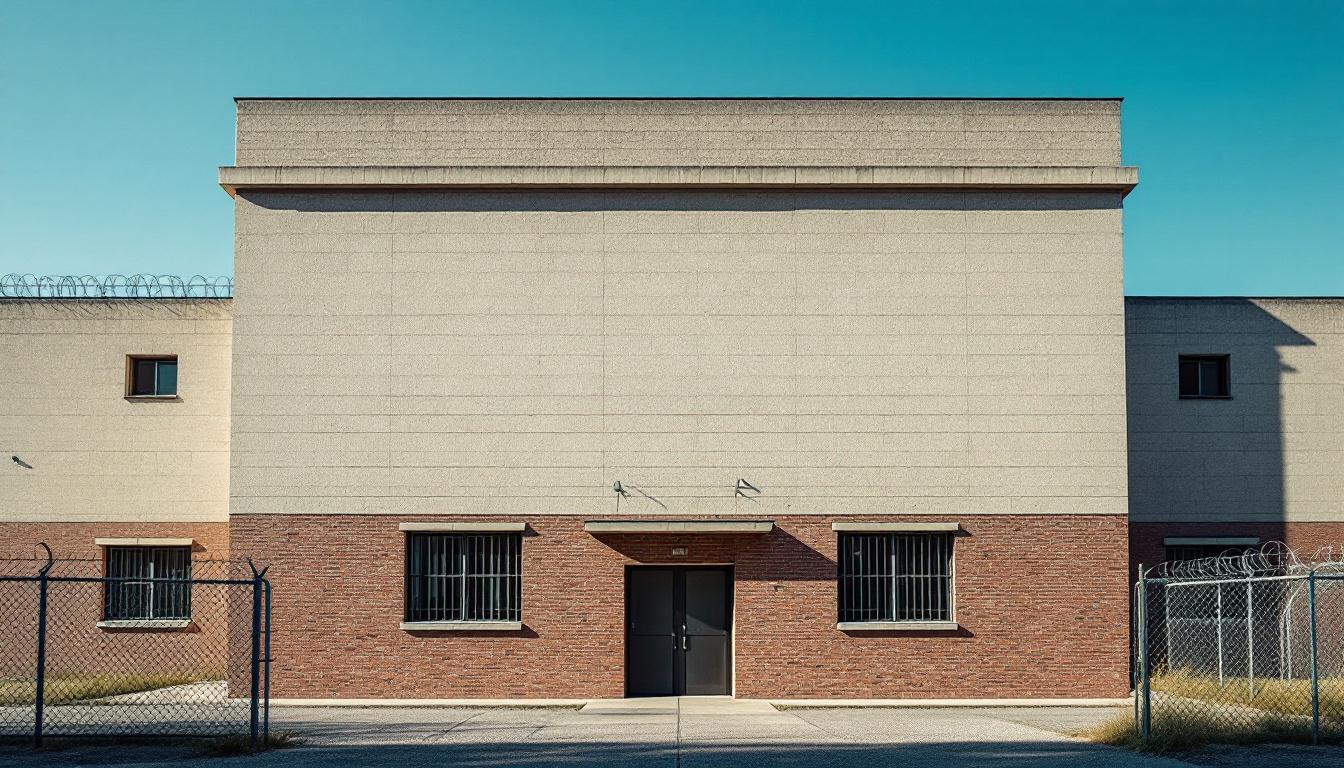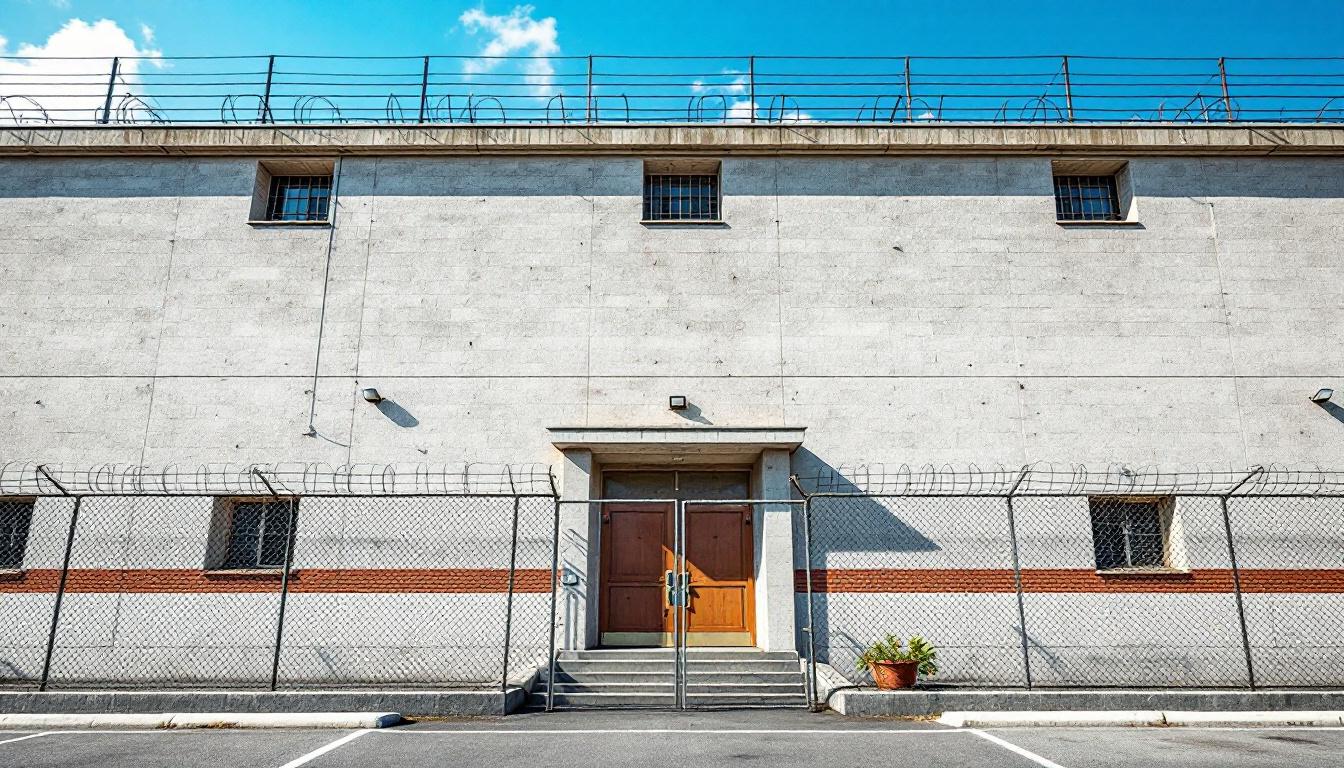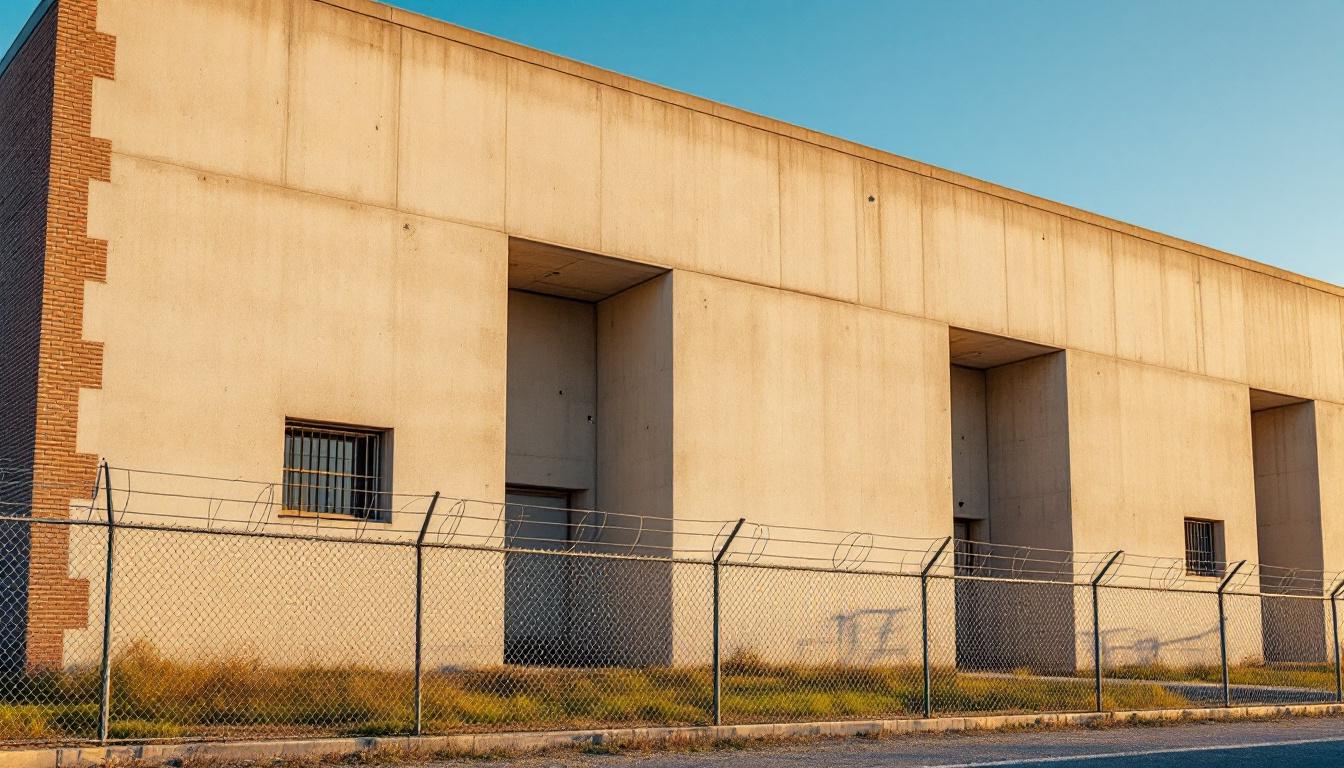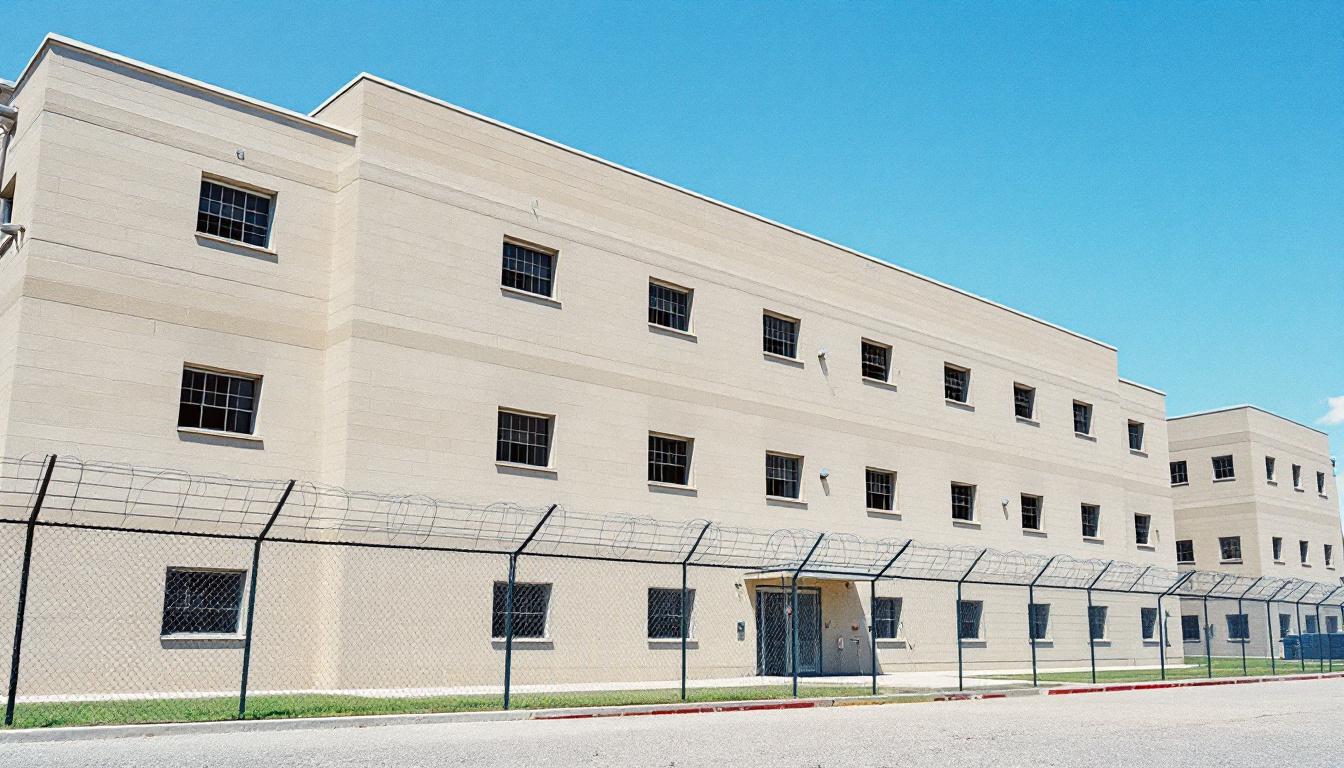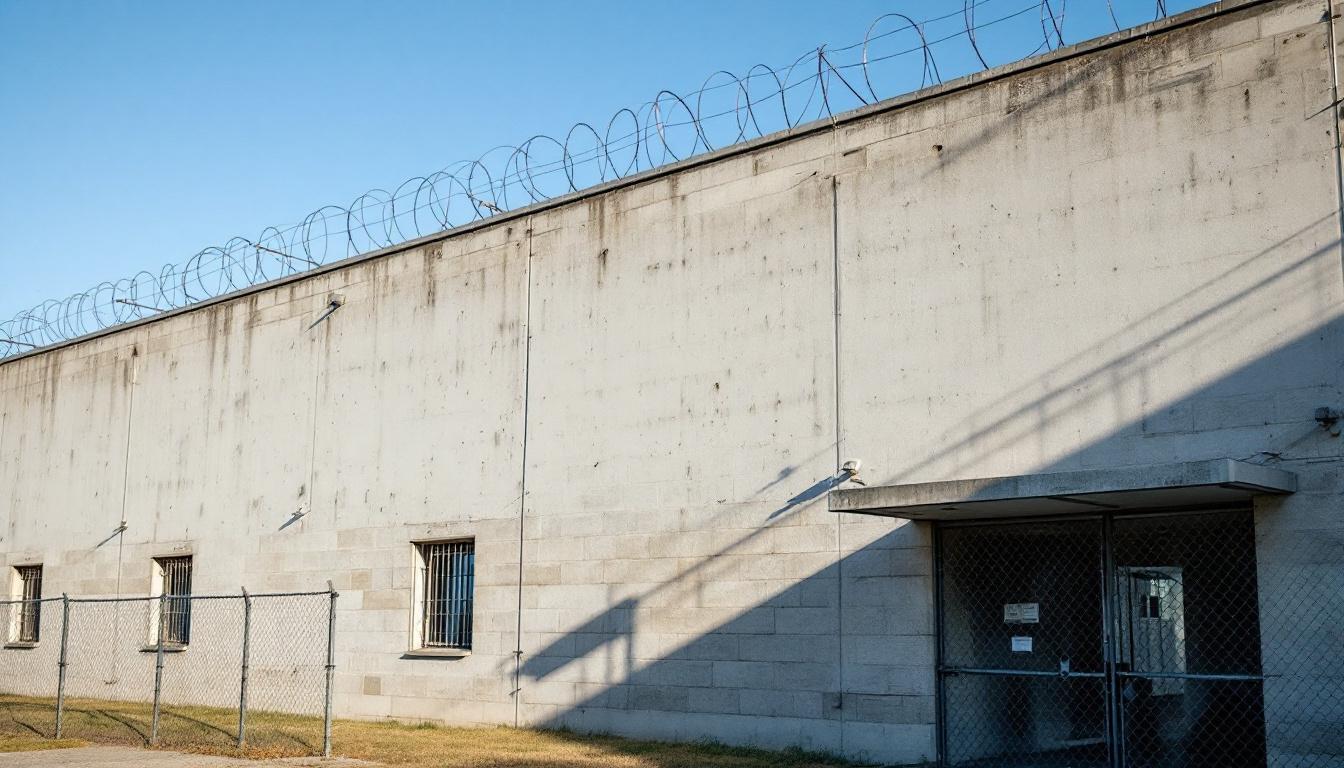
Quick Navigation
How to contact an inmate at Ector County Detention Center
This comprehensive guide will walk you through how to connect with an inmate at Ector County Detention Center. Follow the steps below to find an inmate and send letters and photos:
- Search for the inmate using our search tool below
- Create your account or log in to Penmate
- Write your message (up to 6,000 characters)
- Send instantly - inmates receive printed copies daily
Find an Inmate
Search for an inmate to start communicating today
Tip: You can search by first name, last name, or inmate ID number
To contact a person at Ector County Detention Center start by searching for the person on the facility website. Perform a search by following these steps:
- Step 1: Enter their first name and last name into the search form and click "Search"
- Step 2: Locate their inmate record
- Step 3: Write down their Inmate ID and any housing information provided
Important! Be sure to enter the person's full name. Nicknames should not be used.
How to Send Messages to Inmates

You can use your phone or computer to send emails, letters, and photos to an inmate. Messages are sent electronically to inmate tablets or kiosks at the facility. If you would like to send a message, start by searching for an inmate at Ector County Detention Center.
Sending Photos and Postcards

A great way to send love and support to a loved one at Ector County Detention Center is to send photos and postcards. It only takes a few minutes to send photos from your phone and it makes a huge difference. You can also mail postcards with words of support and inspiration, or design your own postcard for special moments like birthdays and holidays.
Important! Be sure not to send any explicit photos or they may not be approved by the facility. You can also use a photo printing app like Penmate to make sure your photos are printed at the correct size (4x6 or 3x5) and are mailed according to the rules and regulations of Ector County Detention Center.
Frequently asked questions about Ector County Detention Center
-
How long does it take to deliver a message?
If you're sending an email message your letter is usually delivered within 24-48 hours. For messages sent via mail you should expect delivery within 3-7 days. All messages will need be approved by Ector County Detention Center.
-
How much does it cost to send a message to Ector County Detention Center?
You can send a message free using your phone or mail a message via USPS for the price of a $0.60 stamp and envelope. You can also purchase credits or e-stamps from services starting at $1.99.
-
What services can I use to contact an inmate at Ector County Detention Center?
Penmate
You can use Penmate to send letters and photos to an inmate from your phone. It's an easy way to stay in touch during your loved one's incarceration. Use the inmate locator to find an inmate's location and contact information, then you can send messages within a few minutes.
Securus messaging
Securus may be another option for communicating with an inmate at Ector County Detention Center. You can create a friends and family account and purchase credits to send messages. All messages will be reviewed and must be approved by the facility.
JPay
Some county jails and state prisons may support sending messages with JPay. You must register an account with the system, find your loved one, and purchase stamps to send messages. For some locations you can also attach photos.
Smart Jail Mail
You may also check if Smart Jail Mail is available at Ector County Detention Center. Smart Jail Mail is operated by Smart Communications and has contracted with some state and county jails. After purchasing credits, your messages and photos are sent to the facility, printed out, and then handed out to your loved one.
-
What is the mailing address of Ector County Detention Center?
Mailing address:
Ector County Detention Center
2500 US-385
Odessa, TX 79766
Phone: (432) 335-3060Business hours:
- Monday: Open 24 hours
- Tuesday: Open 24 hours
- Wednesday: Open 24 hours
- Thursday: Open 24 hours
- Friday: Open 24 hours
- Saturday: Open 24 hours
- Sunday: Open 24 hours
-
What are the visiting hours at Ector County Detention Center?
Visiting hours at Ector County Detention Center vary by housing unit and security level. Generally, visits are scheduled on weekends and holidays, with some facilities offering weekday visits. Contact the facility directly at (432) 335-3060 or check their website for the current visiting schedule. Visits typically last 30-60 minutes and must be scheduled in advance.
-
What items are prohibited when sending mail to Ector County Detention Center?
Prohibited items typically include: cash, personal checks, stamps, stickers, glitter, glue, tape, staples, paperclips, polaroid photos, musical or blank greeting cards, hardcover books, magazines with staples, and any items containing metal or electronics. Only send letters on plain white paper with blue or black ink. Photos must be printed on regular photo paper (no Polaroids). Always check with Ector County Detention Center for their specific mail policies.
-
How do I send money to an inmate at Ector County Detention Center?
You can send money to an inmate at Ector County Detention Center through several methods: 1) Online using JPay, Access Corrections, or the facility's approved vendor, 2) Money orders mailed directly to the facility with the inmate's name and ID number, 3) Kiosks located in the facility lobby, or 4) Over the phone using a credit or debit card. Fees vary by method, typically ranging from $2.95 to $11.95 per transaction.
-
Can I schedule a video visit with an inmate at Ector County Detention Center?
Many facilities now offer video visitation as an alternative to in-person visits. At Ector County Detention Center, video visits may be available through services like Penmate, Securus Video Connect, GTL, or ICSolutions. Video visits typically cost $10-20 for 20-30 minutes and must be scheduled in advance. You'll need a computer or smartphone with a camera and reliable internet connection. Contact the facility for their specific video visitation policies and approved vendors.
-
What identification do I need to visit an inmate at Ector County Detention Center?
All visitors must present valid government-issued photo identification such as a driver's license, state ID, passport, or military ID. Minors must be accompanied by a parent or legal guardian who can provide the minor's birth certificate. Some facilities require visitors to be on the inmate's approved visitation list, which may require a background check. Contact Ector County Detention Center for specific ID requirements and visitor approval procedures.
-
How can I find out an inmate's release date?
To find an inmate's release date at Ector County Detention Center, you can: 1) Use the online inmate search tool if available, 2) Call the facility's records department, 3) Contact the inmate's case manager or counselor, or 4) Have the inmate provide this information during a call or visit. For privacy reasons, some facilities only release this information to immediate family members.
Facility Overview
Contact Information
Ector County Detention Center2500 US-385
Odessa, TX 79766
Phone: (432) 335-3060
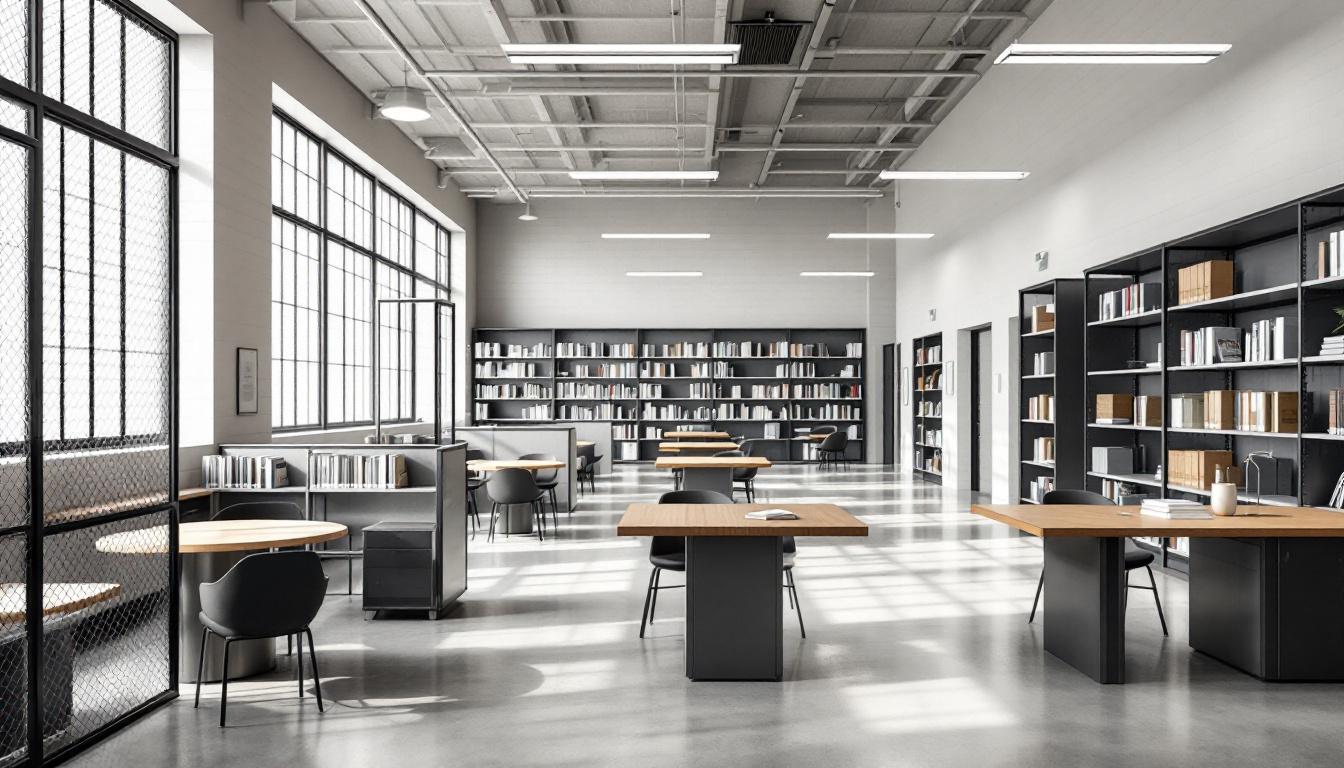
About Ector County Detention Center
Found in Odessa, Texas, the Ector County Detention Center operates within Ector County’s correctional system, serving the local community’s detention needs. The facility maintains structured visitation schedules that reflect its commitment to supporting family connections during incarceration. Visitation occurs twice weekly on Tuesdays and Thursdays, with three daily sessions beginning at 8:30 am, 2:00 pm, and 5:00 pm. The center accommodates visitors who have traveled significant distances by offering extended 30-minute visits for those coming from 100 miles or more, demonstrating consideration for family circumstances.
The detention center supports bilingual communication by providing visitation permits in both English and Spanish, recognizing the diverse population it serves. The facility operates on a established-come, established-served basis for visits, with each inmate allowed two visits per week during the designated 20-minute sessions. Registration periods end 15 minutes before each session concludes, and visitors must present valid identification from their city or town of residence. This structured approach to visitation helps maintain security while ensuring inmates can maintain important family relationships.
While specific program details are not outlined in available information, correctional facilities in Texas typically offer various services that may include educational opportunities, substance abuse counseling, and reentry preparation programs. The Ector County Detention Center’s emphasis on maintaining family connections through regular visitation often supports broader rehabilitation efforts, as family involvement frequently plays a crucial role in successful reintegration into the community following release.
Programs & Services
The Ector County Detention Center maintains a structured visitation program that facilitates family connections through twice-weekly sessions on Tuesdays and Thursdays. With three daily time slots and accommodations for visitors traveling long distances, the facility recognizes the importance of maintaining community ties during incarceration. This commitment to family engagement typically extends to various support services designed to help residents prepare for successful reintegration.
Educational and vocational programming at the facility may include basic literacy courses, GED preparation, and job readiness training to help residents develop essential skills. The detention center often provides access to substance abuse counseling, mental health services, and anger management programs that address underlying issues contributing to criminal behavior. Religious services and chaplaincy programs are commonly available to support spiritual growth and personal reflection during incarceration.
Support services typically encompass medical and dental care, library access, and recreational activities that promote physical and mental well-being. The facility may also offer work programs that allow residents to gain valuable experience while contributing to facility operations. These comprehensive services work together to create an environment focused on rehabilitation and preparation for successful community reentry, helping residents develop the tools and skills necessary for positive life changes.
Daily Life & Visitation
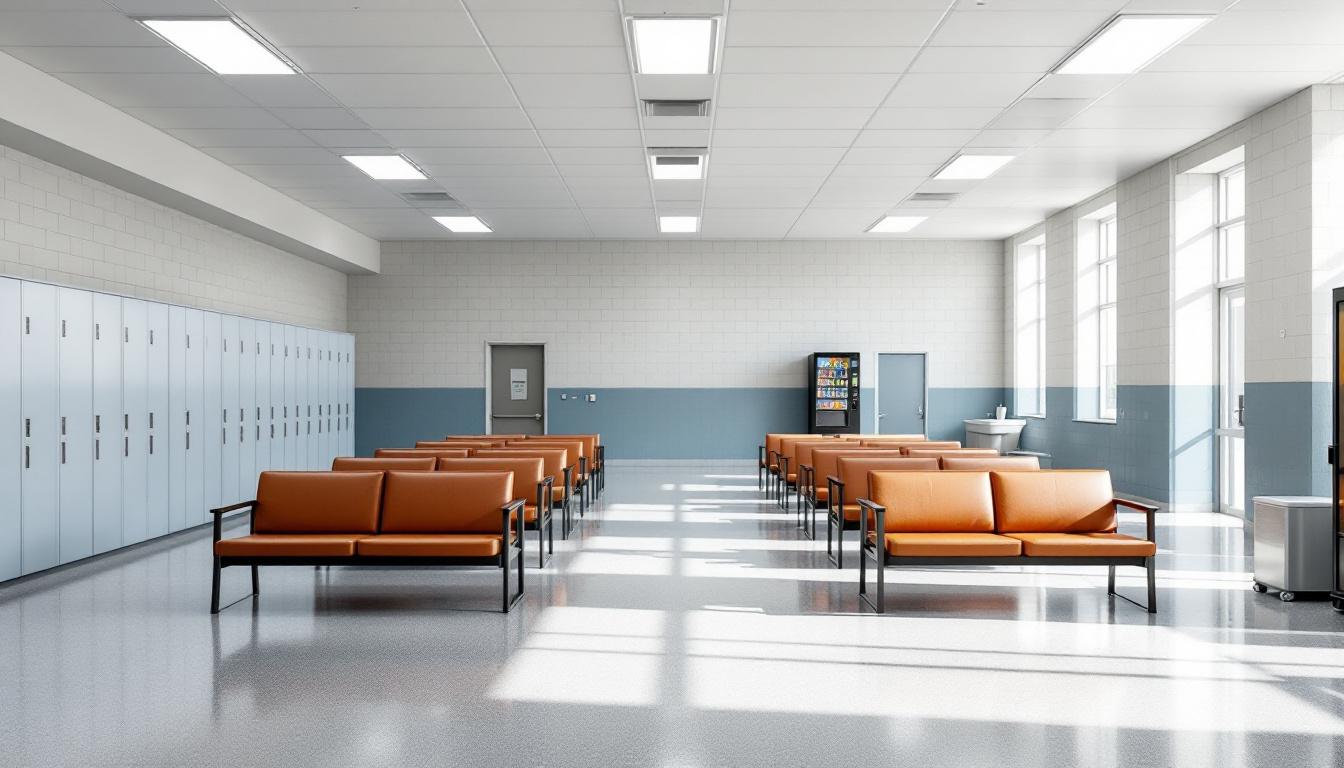
The structured visitation schedule at Ector County Detention Center provides inmates with regular opportunities to maintain family connections through twice-weekly visits on Tuesdays and Thursdays. These carefully timed sessions - morning visits from 8:30 am to 10:00 am, afternoon sessions from 2:00 pm to 3:30 pm, and evening visits from 5:00 pm to 6:30 pm - allow for 20-minute face-to-face conversations, with extended 30-minute visits potentially available for family members who have traveled 100 miles or more. The established-come, established-served system ensures fair access, though visitors must complete their visitation permits before the final 15 minutes of each session to secure their spot.
Between these scheduled visitation periods, inmates at the facility typically follow a structured routine that may include designated meal times, recreational activities, and access to educational or work programs. The detention center likely provides basic amenities such as television access during certain hours, library services, and outdoor recreation time when weather and security conditions permit. Medical care and counseling services are generally available as needed, while inmates often have opportunities to participate in religious services or programs designed to support rehabilitation and personal development.
Communication beyond in-person visits typically includes monitored telephone privileges and mail correspondence, allowing inmates to maintain important relationships with family and friends throughout their stay. The facility’s bilingual approach, evidenced by Spanish-language visitation permits, reflects the diverse population it serves and ensures that language barriers don’t prevent meaningful family connections during what can be a challenging time for both inmates and their loved ones.
Ready to Connect?
Start communicating with your loved one today
Search for an Inmate
